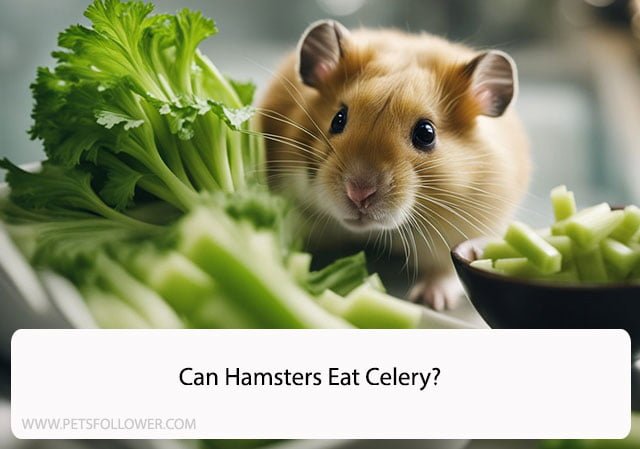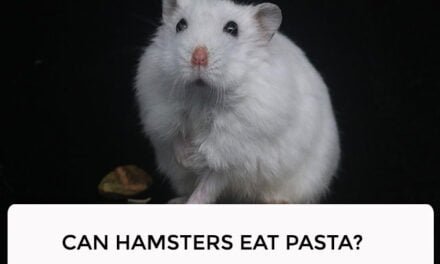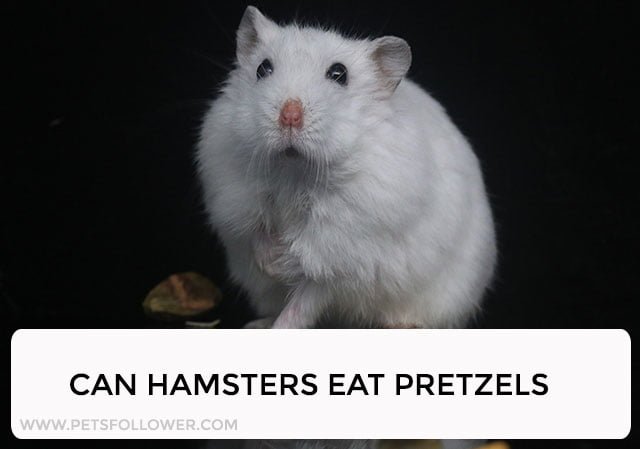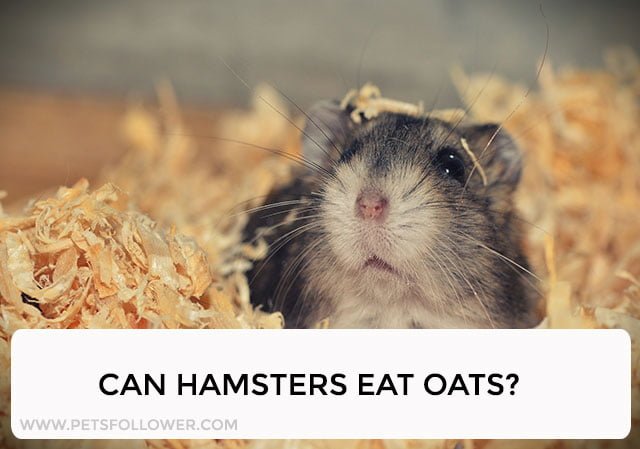Celery is a popular vegetable that is often included in salads or eaten as a snack. However, if you are a pet owner, you may be wondering if your furry friend can enjoy this crunchy treat as well. In this article, we will explore the question “can hamsters eat celery?” and provide you with all the information you need to know to keep your hamster healthy and happy.
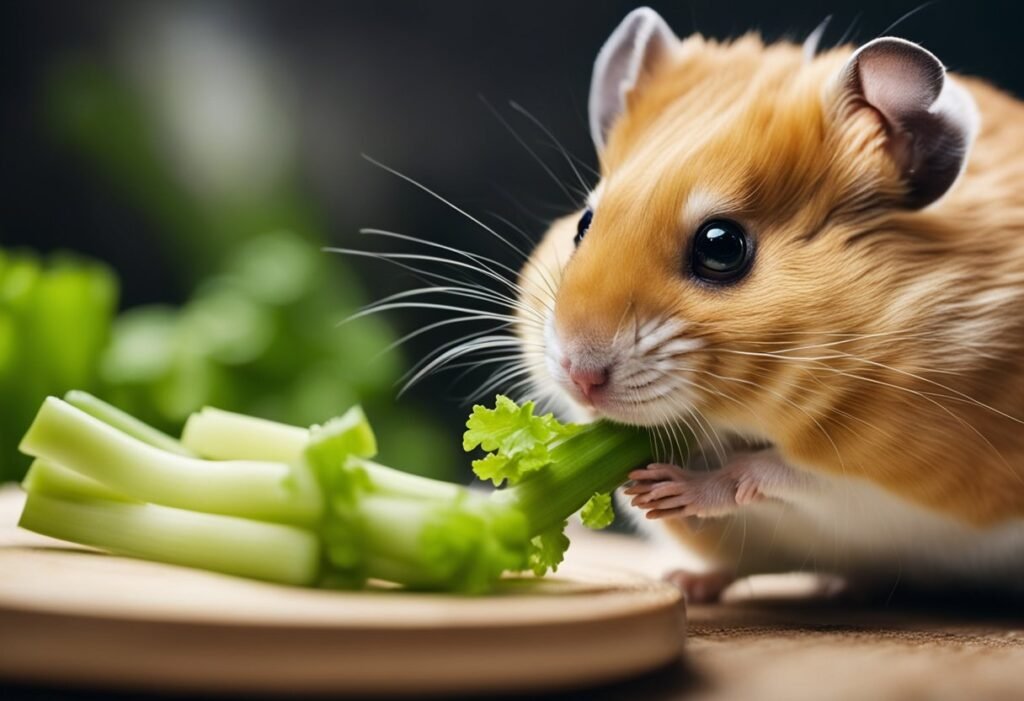
Hamsters are popular pets that are known for their cute and cuddly appearance. These small rodents require a balanced diet that includes a variety of fruits, vegetables, and grains to stay healthy. While some vegetables are safe for hamsters to eat, others can be harmful or even toxic. Celery is a vegetable that is often debated among pet owners, with some believing it is safe for their hamsters to eat, while others are concerned about its potential risks.
So, can hamsters eat celery? In the following paragraphs, we will take a closer look at the nutritional value of celery and its potential benefits and risks for hamsters.
Can Hamsters Eat Celery
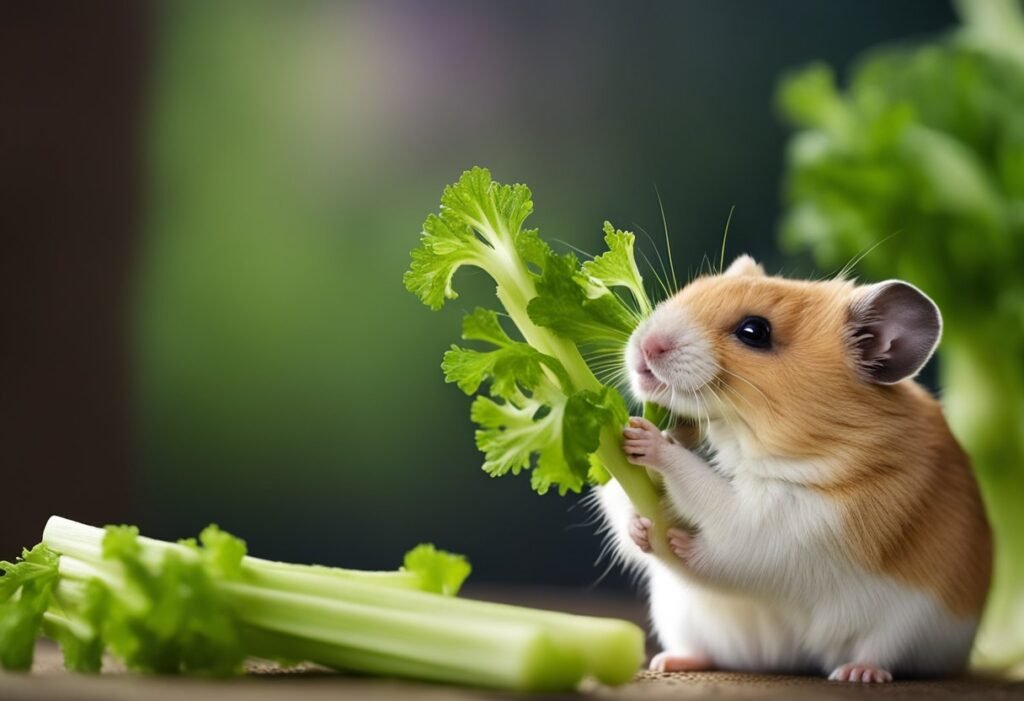
Celery is a low-calorie vegetable that is rich in vitamins and minerals, making it a healthy snack option for humans. But can hamsters eat celery too?
The answer is yes, hamsters can eat celery. In fact, celery can be a nutritious addition to a hamster’s diet. Celery is high in fiber, which can help regulate a hamster’s digestive system and prevent constipation. It also contains vitamins A, C, and K, as well as minerals such as calcium and potassium.
However, it is important to note that celery should be given to hamsters in moderation. Too much celery can cause diarrhea and upset stomach. As with any new food, it is recommended to introduce celery slowly and in small amounts to ensure that the hamster can tolerate it.
It is also important to wash the celery thoroughly before feeding it to a hamster to remove any pesticides or dirt that may be present. Additionally, the celery should be cut into small, bite-sized pieces to prevent choking.
Overall, celery can be a healthy and tasty addition to a hamster’s diet when given in moderation.
Hamster Dietary Basics
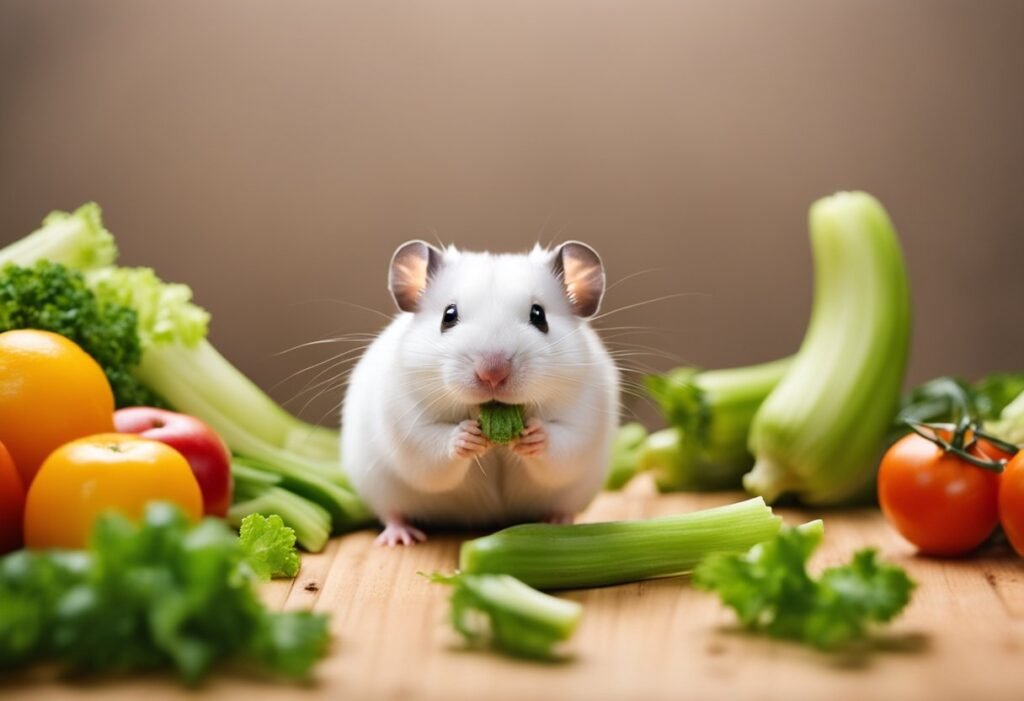
Hamsters are small, active rodents that require a balanced diet to maintain good health. A balanced diet ensures that the hamster gets all the necessary nutrients required for growth, development, and maintenance of its body functions. A healthy diet for hamsters typically consists of commercial hamster food, fresh fruits, and vegetables.
Nutritional Needs of Hamsters
Hamsters require a diet that is high in protein, fiber, and fat. Protein is essential for the growth, repair, and maintenance of muscle tissue, while fiber is necessary for proper digestion and bowel movement. Fat is also required for energy and the maintenance of healthy skin and coat.
Commercial hamster food typically contains all the necessary nutrients required for hamsters. However, it is essential to supplement their diet with fresh fruits and vegetables. Fresh fruits and vegetables provide hamsters with essential vitamins and minerals that are not found in commercial hamster food. Some of the fruits and vegetables that are safe for hamsters to eat include carrots, apples, strawberries, and celery.
Risks of Feeding Hamsters Human Food
While hamsters can eat some human foods, it is essential to note that not all human foods are safe for hamsters. Some human foods can be toxic to hamsters and can cause severe health issues. For instance, chocolate, caffeine, and alcohol are toxic to hamsters and should never be fed to them.
It is also essential to avoid feeding hamsters foods that are high in sugar, salt, or fat. Foods that are high in sugar can cause dental issues, while foods that are high in salt or fat can lead to obesity and other health problems.
In conclusion, a balanced diet is critical for the overall health and wellbeing of hamsters. Hamsters require a diet that is high in protein, fiber, and fat. While commercial hamster food provides all the necessary nutrients, it is essential to supplement their diet with fresh fruits and vegetables. However, it is crucial to avoid feeding hamsters foods that are toxic or high in sugar, salt, or fat.
Benefits of Celery for Hamsters

Hamsters are known to enjoy a variety of fresh fruits and vegetables as part of their diet. Celery is one such vegetable that can be a healthy addition to a hamster’s diet. Here are some of the benefits of celery for hamsters:
Vitamins and Minerals in Celery
Celery is a nutrient-dense vegetable that contains a variety of vitamins and minerals that are essential for a hamster’s health. Celery is a good source of vitamin C, which helps to support the immune system and prevent illnesses. It also contains vitamin K, which is important for blood clotting and bone health.
In addition to vitamins, celery is also rich in minerals such as potassium and calcium. Potassium is important for maintaining healthy blood pressure levels, while calcium is essential for strong bones and teeth.
Hydration from Celery
Hamsters need to stay hydrated to maintain their health, and celery can help with this. Celery is mostly made up of water, which makes it a great way to help keep your hamster hydrated. In addition, the high water content of celery can help to prevent constipation and other digestive issues.
When feeding celery to your hamster, it is important to remember to wash it thoroughly and cut it into small pieces to prevent choking. Celery should be given in moderation as a treat, rather than as a main part of the hamster’s diet. With the right care and attention, celery can be a healthy addition to your hamster’s diet.
Preparing Celery for Hamsters
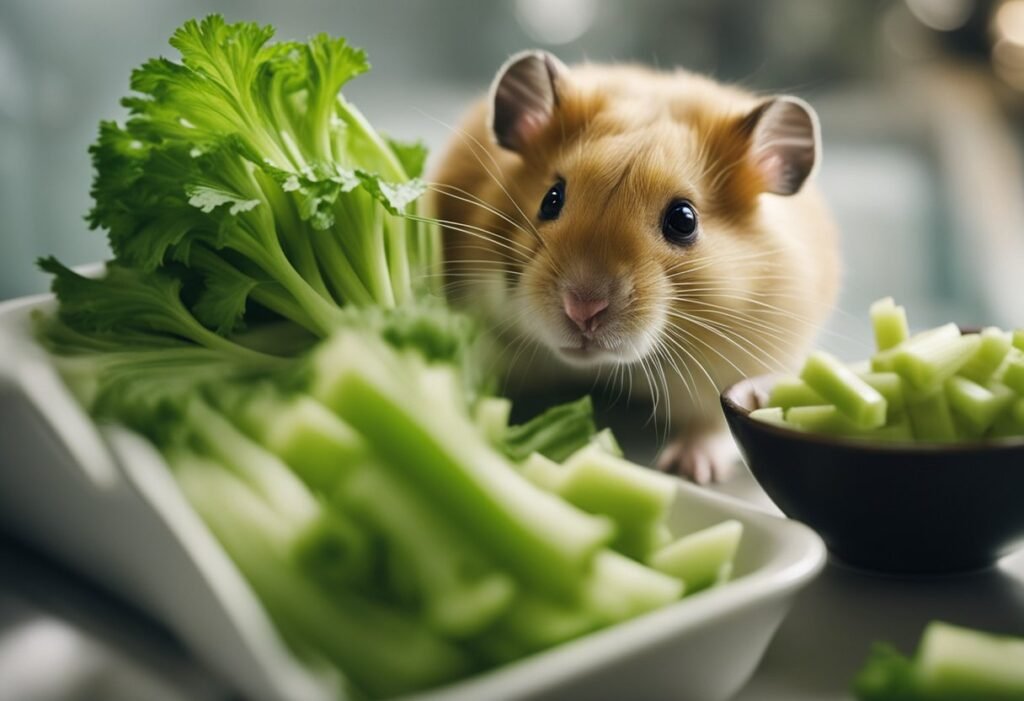
When it comes to feeding celery to hamsters, it is important to prepare it properly to ensure that it is safe and healthy for them to eat. Here are some tips on how to prepare celery for your furry friend.
Washing and Cutting Celery
Before feeding celery to your hamster, it is important to wash it thoroughly to remove any dirt or pesticides that may be present. Rinse the celery under running water and use a vegetable brush to scrub away any dirt or debris. It is also important to cut the celery into small, bite-sized pieces that are easy for your hamster to chew and digest.
Portion Size and Frequency
While celery can be a healthy addition to your hamster’s diet, it should be given in moderation. Too much celery can cause digestive problems and diarrhea in hamsters. It is recommended to give your hamster a small piece of celery once or twice a week as a treat. The portion size should be no larger than the size of your hamster’s paw.
In summary, preparing celery for your hamster is a simple process that involves washing it thoroughly and cutting it into small, bite-sized pieces. It is important to give celery in moderation to prevent digestive problems. By following these guidelines, you can safely incorporate celery into your hamster’s diet as a healthy treat.
Potential Risks of Celery
Choking Hazards
While celery is generally considered safe for hamsters to eat, there is a potential risk of choking. This is especially true if the celery is not cut into small pieces. Hamsters have small throats and can easily choke on large pieces of celery. To prevent this, it is recommended to cut the celery into small, bite-sized pieces before feeding it to your hamster.
Pesticides and Chemicals
Another potential risk of feeding celery to your hamster is the presence of pesticides and chemicals. Celery is known to be one of the most heavily sprayed crops, which means that it may contain harmful chemicals that could be harmful to your hamster’s health. To minimize the risk of exposure to these chemicals, it is recommended to purchase organic celery or wash conventionally grown celery thoroughly before feeding it to your hamster.
It is important to note that while these risks exist, they are generally low and can be easily mitigated by taking the necessary precautions. As long as you are careful about how you feed celery to your hamster, it can be a healthy and nutritious addition to their diet.
Alternatives to Celery
Hamsters require a balanced diet that includes a variety of fruits, vegetables, and commercial foods. While celery is safe for hamsters to eat, some may not like the taste or may have difficulty chewing it. Here are some alternatives to celery that hamsters can enjoy:
Safe Fruits and Vegetables for Hamsters
Hamsters can eat a wide variety of fruits and vegetables, but some are safer than others. Here are some safe options that hamsters can enjoy:
- Carrots: Carrots are a great source of vitamin A and are easy for hamsters to chew.
- Cucumber: Cucumbers are low in calories and high in water content, making them a refreshing treat for hamsters.
- Broccoli: Broccoli is a good source of vitamin C and fiber, but should be given in moderation as it can cause gas.
- Apple: Apples are a good source of fiber and vitamin C, but should be given in small amounts as they are high in sugar.
Commercial Hamster Foods
In addition to fruits and vegetables, hamsters should also be given commercial hamster foods. These foods are specially formulated to provide hamsters with the nutrients they need. Here are some popular commercial hamster foods:
- Oxbow Essentials Hamster and Gerbil Food: This food is made with high-quality ingredients and contains a balanced blend of protein, fiber, and fat.
- Kaytee Forti-Diet Pro Health Hamster Food: This food contains a mix of seeds, grains, and pellets and is fortified with vitamins and minerals.
- Higgins Sunburst Gourmet Blend Hamster Food: This food contains a variety of fruits, vegetables, and seeds and is free from artificial colors and preservatives.
Overall, hamsters can enjoy a variety of fruits, vegetables, and commercial foods in their diet. While celery is safe for hamsters to eat, there are plenty of alternatives that hamsters can enjoy if they don’t like the taste or have difficulty chewing it.
Frequently Asked Questions
Is celery a safe treat for hamsters?
Yes, celery can be a safe and healthy treat for hamsters in moderation. Celery is low in calories and high in fiber, making it a good addition to a hamster’s diet.
What are the risks of feeding hamsters celery?
While celery is generally safe for hamsters, it is important to note that it should be given in moderation. Overfeeding celery can lead to digestive issues and diarrhea in hamsters. Additionally, celery leaves contain higher levels of oxalic acid, which can be harmful to hamsters when consumed in large amounts.
How should celery be prepared for hamsters?
Celery should be washed thoroughly before being given to hamsters. It should be cut into small, bite-sized pieces to make it easier for hamsters to eat. It is also recommended to remove any leaves from the celery before feeding it to hamsters.
Can hamsters eat both celery stalks and leaves?
While celery stalks are generally safe for hamsters, celery leaves contain higher levels of oxalic acid, which can be harmful to hamsters when consumed in large amounts. It is recommended to remove any leaves from the celery before feeding it to hamsters.
What vegetables are harmful to hamsters?
Some vegetables, such as onions, garlic, and avocado, can be harmful to hamsters and should be avoided. Vegetables high in oxalic acid, such as spinach and kale, should also be given in moderation.
How often can hamsters consume celery?
Celery should be given to hamsters in moderation, as overfeeding can lead to digestive issues and diarrhea. It is recommended to give hamsters a small piece of celery once or twice a week as a treat.

